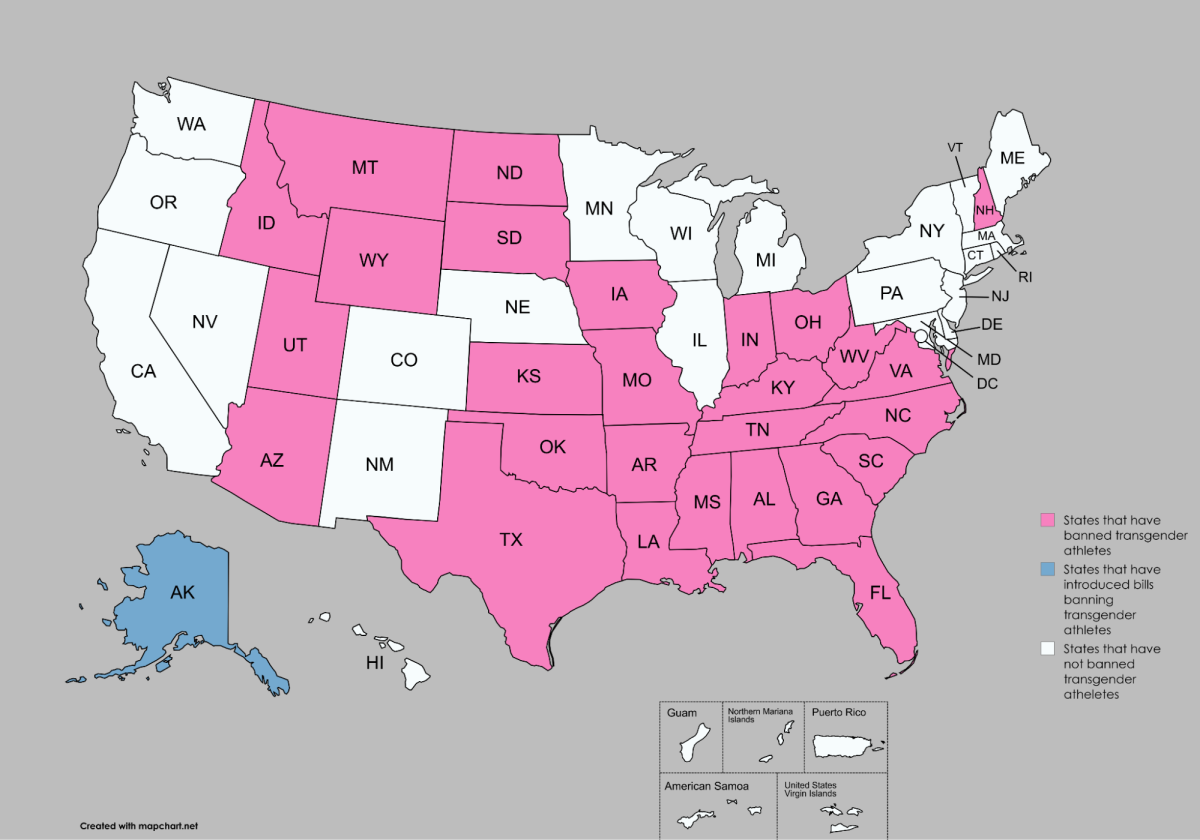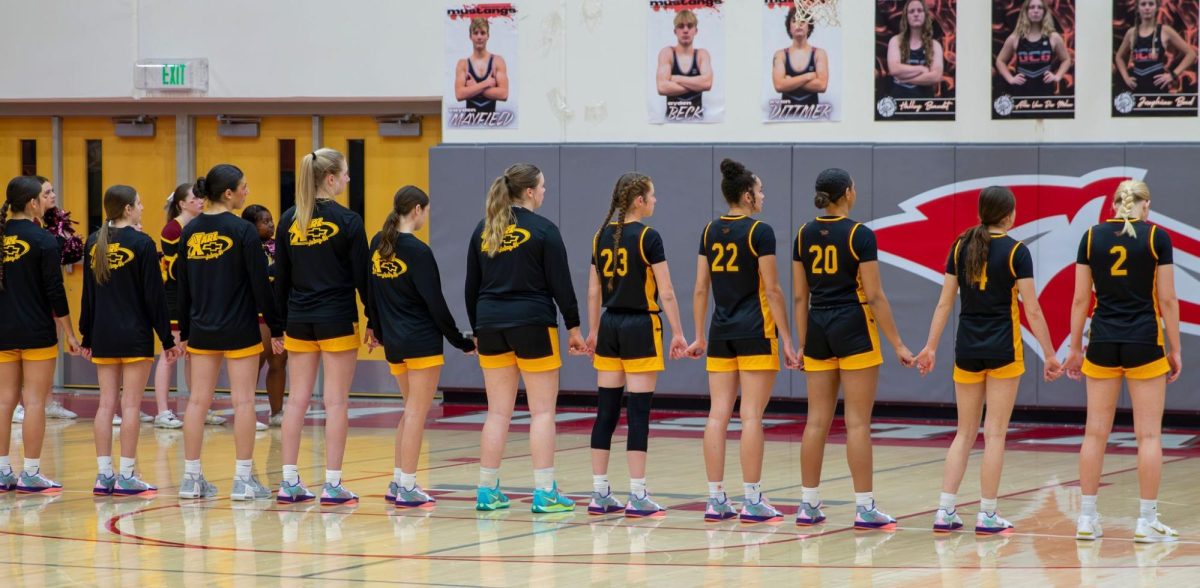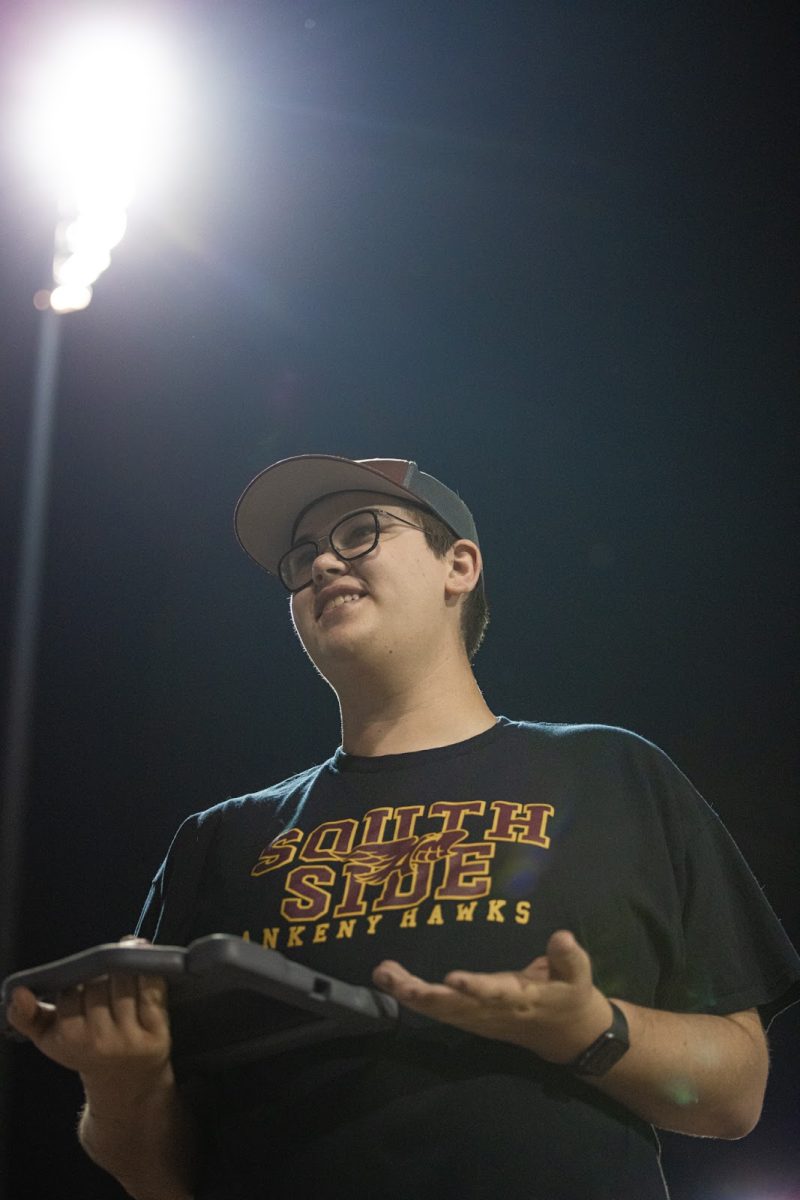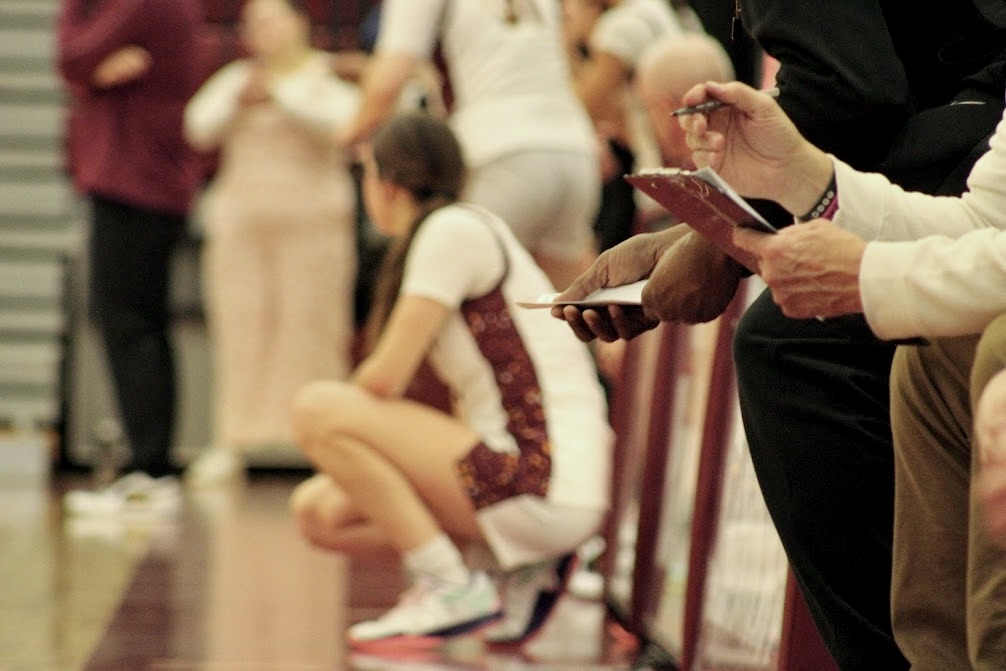On Feb. 5, 2025, President Trump signed an executive order targeting transgender and gender non-conforming athletes from participating in any athletics in the gender they now present. This has become quite a big deal for the new Administration, one of whose key issues was to get rid of the “transgender ideology”.
The goal of the order was to “rescind all funds from educational programs that deprive women and girls of fair athletic opportunities, which results in the endangerment, humiliation, and silencing of women and girls and deprives them of privacy.” He signed the executive order in attendance with several young girls, as well as several athletes and coaches advocating against transgender athletes, including University of Kentucky swimmer Riley Gaines.
Lance Grulke-Mangrich is a Iowa City High Senior, and a non-binary softball pitcher who played in over 25 games last season for the Little Hawks, says that while the teams they played for were very accepting, it was inconsistent at times.
“In the course of playing club ball [and] travel ball there have definitely been various times where I have felt uncomfortable with revealing my gender identity or going by my preferred name Lance because I was worried that [the] team that I was playing for would not be comfortable with playing with a trans person” said Grulke-Malgrich.
The regulations in place before the executive order went into effect often differed state by state and even sport by sport, but the biggest note was whether or not testosterone and, if it was allowed, how much. The World Anti-Doping Agency (WADA), which sets the standard for drug use in sports worldwide, banned the use of any testosterone in January 2022. This ban did not affect high school athletes.

“Either last year or the year before, a law was passed saying that biological males cannot play girls sports and vice versa,” Iowa Representative Heather Matson said.
House File 2416 was issued to include all public institutions of Iowa, with the punishment being the school and athlete offended being entitled to any damages warranted. However, IGHSAU released their transgender statement in 2014, with IHSAA also releasing one. These statements both make clear that transgender athletes are eligible to play in their preferred gender identity’s sport so long as it is consistent.
Mangrich feels that if this executive order is enforced, they would think that the work they put into softball would be wasted if they switched to baseball.
“The ball is different. The size of the field is different. There are so many different rules and the biggest difference is pitching and I am a pitcher. So when I came out, there was no real way for me to try and make a transition to playing baseball because I would be throwing away a lot of work that I’ve already put in [playing softball,]” Grulke-Mangrich said.
However, some students feel a separate league is necessary to help maintain a competitive balance.
“If there was an instance that a transgender athlete was on our volleyball team, our softball team, our swimming team […] I feel like it would bother me just due to the biological advantage that person would have,” an anonymous Ankeny athlete said.
The athlete instead suggests that there should be a separate, third league for gender non-conforming athletes.
“Go have your own league, but stay out of the way of the people who genetically qualify for their specific spot,” an anonymous Ankeny athlete said.
The state of Washington’s high school athletic union has suggested the opening of a third league meant for transgender student-athletes.
However, Grulke-Mangrich feels that this is unrealistic: “I understand the inclination to have a third separate league for trans athletes, it just isn’t realistic.”
With recent legislation trans athletes are being brought into the spotlight more so than before.
“The biggest thing is just to make yourself a known ally to reference that if you are playing in a typically gendered sport like softball, that not all of your players are necessarily ladies, that’s something that happens quite a lot on my softball team and when we’re playing against other teams,” Grulke-Mangrich said.











































